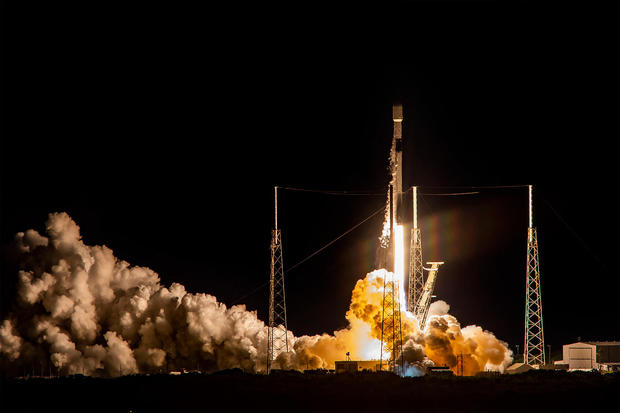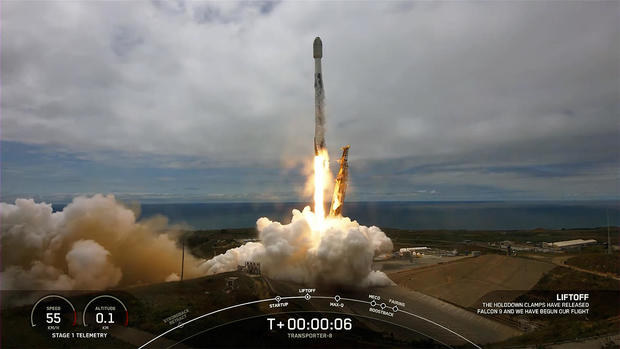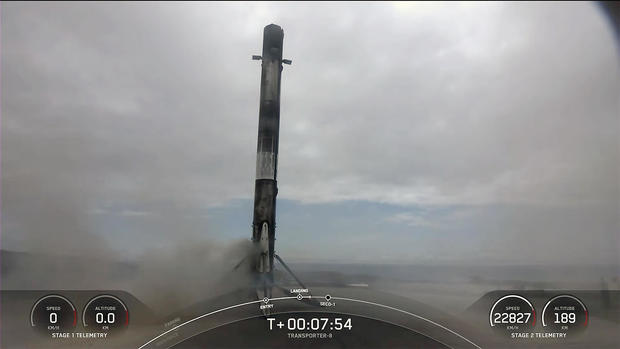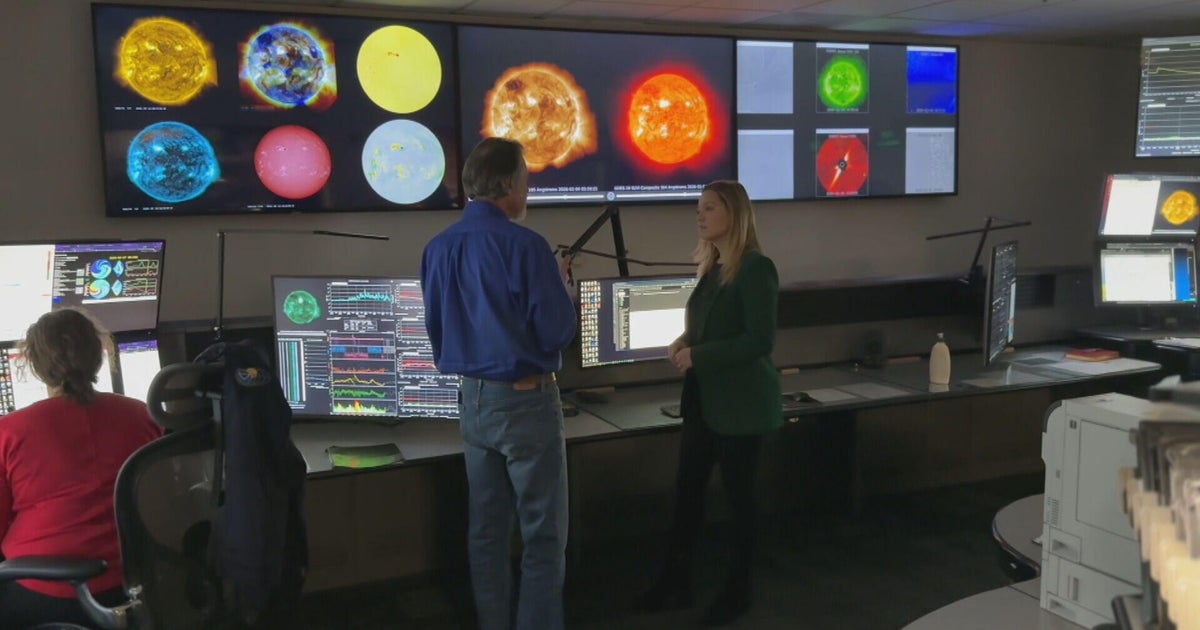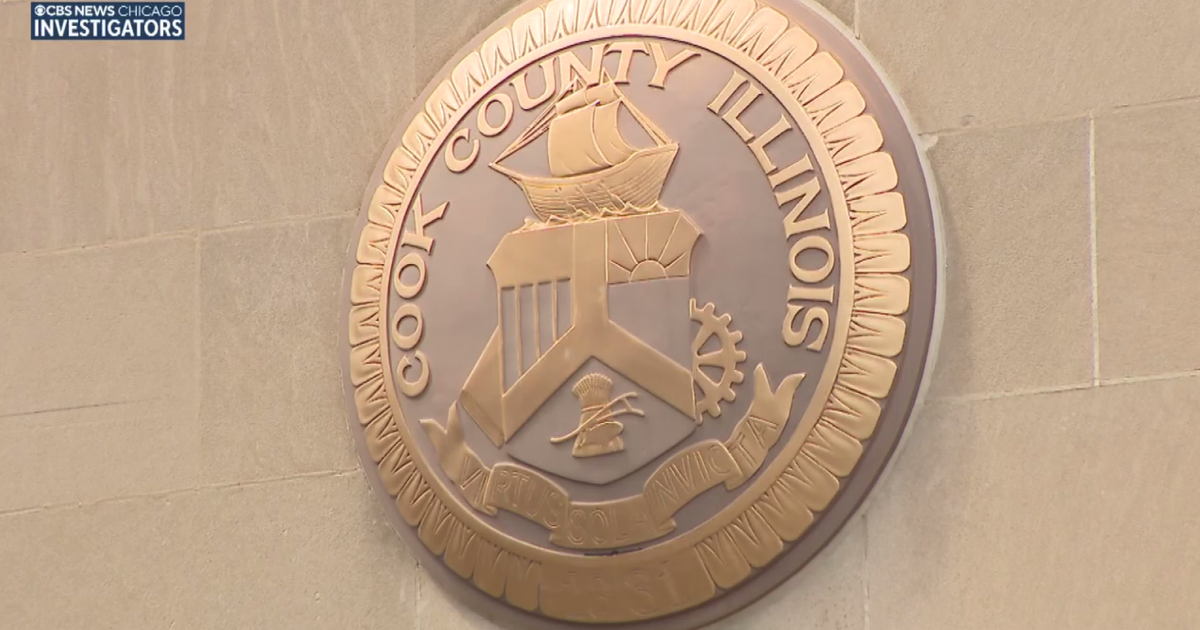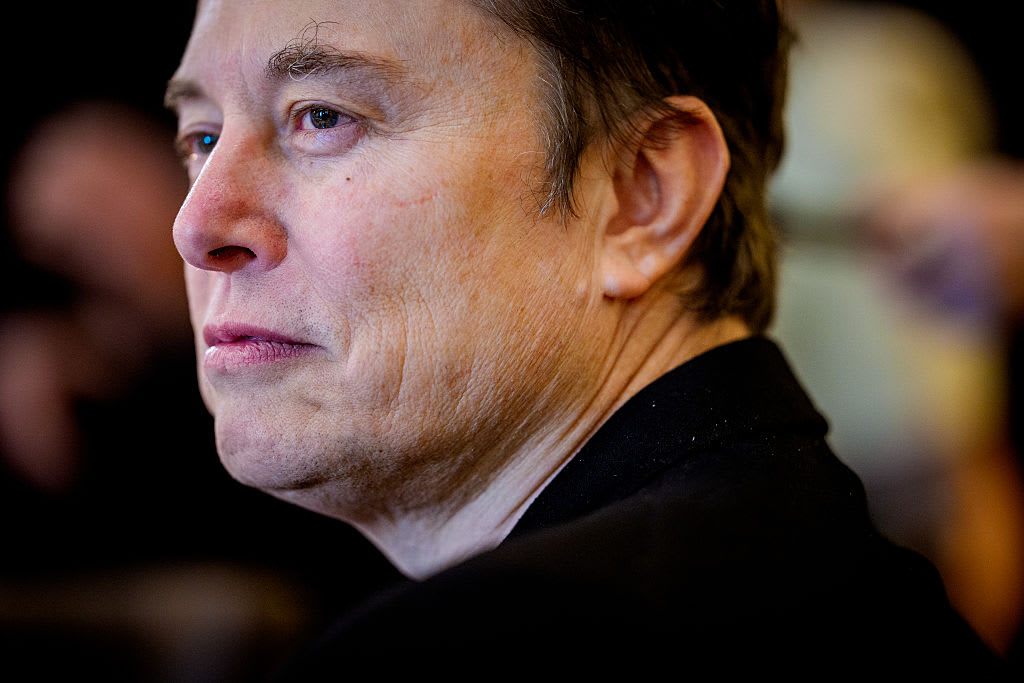SpaceX launch doubleheader puts 124 payloads into orbit
In a Monday doubleheader, SpaceX launched 52 Starlink internet satellites from Florida and then fired off another Falcon 9 from California, putting 72 small payloads from multiple vendors into orbit in the company's eighth low-cost "rideshare" mission.
SpaceX's 89th Starlink flight took off from the Cape Canaveral Space Force Station at 3:10 a.m. EDT, lighting up the overnight sky as it climbed away on a southeasterly trajectory.
The 52 Starlinks on board were released to fly on their own about an hour later, boosting the total launched to date to 4,595. Of that total, space statistician Jonathan McDowell says 4,230 are presumed functional.
SpaceX's fast-growing Starlink constellation is a globe-spanning network of relay stations in multiple orbital planes designed to eventually deliver relatively high-speed broadband access to any point on Earth using laser-linked satellites to maintain connectivity.
The Transporter 8 mission took off from Vandenberg Space Force Base northwest of Los Angeles at 5:35 p.m. EDT, carrying 72 rideshare payloads provided by multiple vendors and launch brokers.
Transporter missions are intended to provide low-cost access to space for small payloads that might otherwise have to wait for rides on missions dedicated to larger satellites. SpaceX charges $275,000 for a 110-pound payload, and $5,500 for each additional 2.2 pounds. In the high-cost world of space operations, those prices are considered bargains.
The payloads launched in the Transporter 8 mission ran the gamut from pharmaceutical processing in microgravity and space debris removal systems to experimental military hardware, commercial radar mapping satellites and Earth observation stations.
With the Starlink and Transporter 8 missions, Space has launched 38 Falcon 9s and two Falcon Heavies so far this year, putting some 1,295 payloads into orbit.
